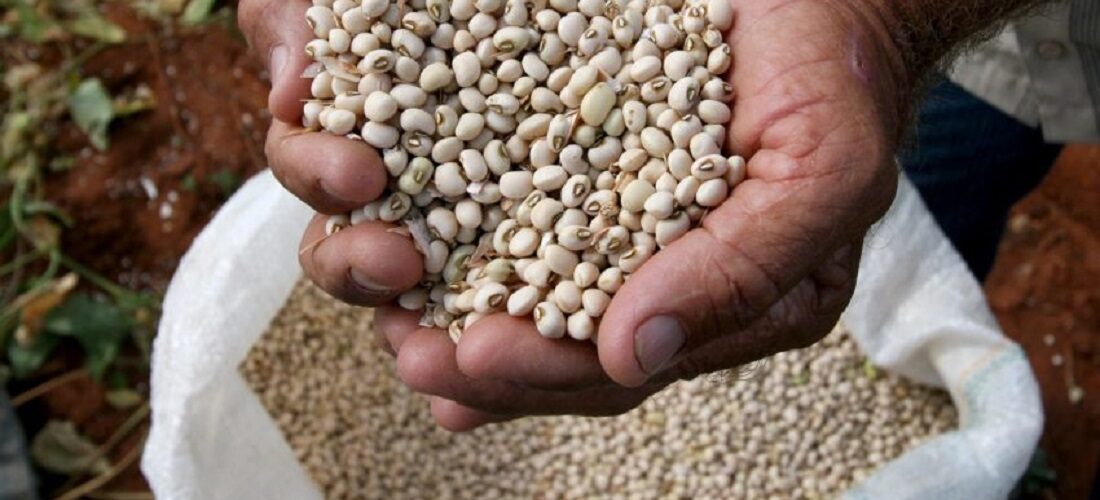
India starts importing pulses from Brazil
Mar, 11, 2024 Posted by Gabriel MalheirosWeek 202411
To diversify import dependence on a few countries, India has started to source urad dal from Brazil for first time to meet a shortfall in domestic output.
Sources said that first consignment of around 3000 tonne of urad dal from the South American country has arrived. “We are working with Brazil and Argentina for the imports of urad and tur as depending on one country poses risk,” an official said. He said that around 20,000 tonne of urad is likely to be imported into India this year from Brazil.
The government has held a series of discussions with Brazil and Argentina to source urad and tur dal for meeting the domestic requirement.
Currently, under a memorandum of understanding (MoU), India imports urad dal only from Myanmar, where there has been disruption in supplies because of internal security issues.
The domestic consumption of pulses in South American countries is small while pulses such as urad and tur can be grown in Brazil and Argentina because of conducive weather conditions and are likely to be grown there for the purpose of exports to India, an official said.
In 2023, India has imported 2.98 million tonne (MT) of pulses – 1.51 MT (lentil), 0.77 MT (tur or pigeon pea) and 0.59 MT (urad or black gram) mostly from Australia, Canada, Myanmar, Mozambique, Tanzania, Sudan and Malawi.
Sources said that since allowing duty free import of yellow pea in December, last year, the country has imported 0.5 MT of pulse variety which is used as a substitute of chana or gram. “Another 0.5 MT is expected to be imported in the next couple of months mostly from Canada and Russia,” an official said.
Duty-free import of yellow dal is allowed till April 30, which is the date for bill of lading (shipped on board). The government has adopted a consistent policy on imports by putting three varieties of pulses – tur, urad and masoor under zero-duty import duty regime till March, 2025 so that farmers in those countries can make decisions to grow pulses well in advance.
At present, the country produces 28 MT of pulses, which is largely sufficient to meet the domestic demand. However in terms of production and consumption of pulses varieties – tur, urad and masoor, ‘there is a slight mismatch,’, sources said.
-
Ports and Terminals
Nov, 13, 2023
0
Itajaí Port Faces R$200,000 Fine for Failing to Maintain Draft Requirement
-
DW 20201 EN
Jan, 11, 2021
0
DatamarWeek 12 January 2021
-
Ports and Terminals
Feb, 14, 2022
0
The court extends the dredging contract for the Port of Santos until April
-
Steel and Aluminium
Sep, 22, 2021
0
INDA: Steel sales up again in August compared to July

